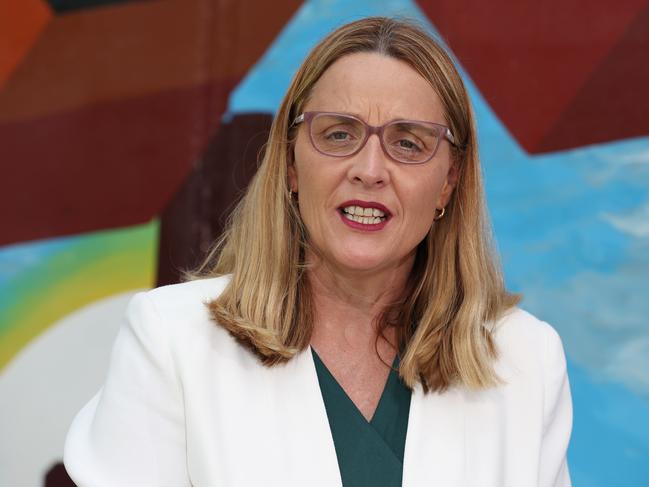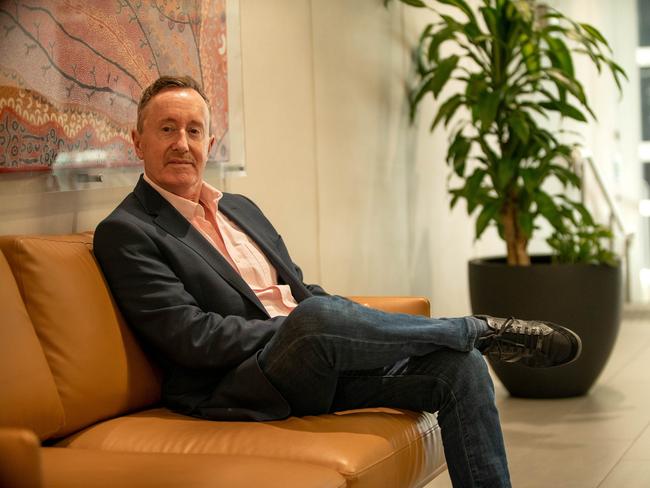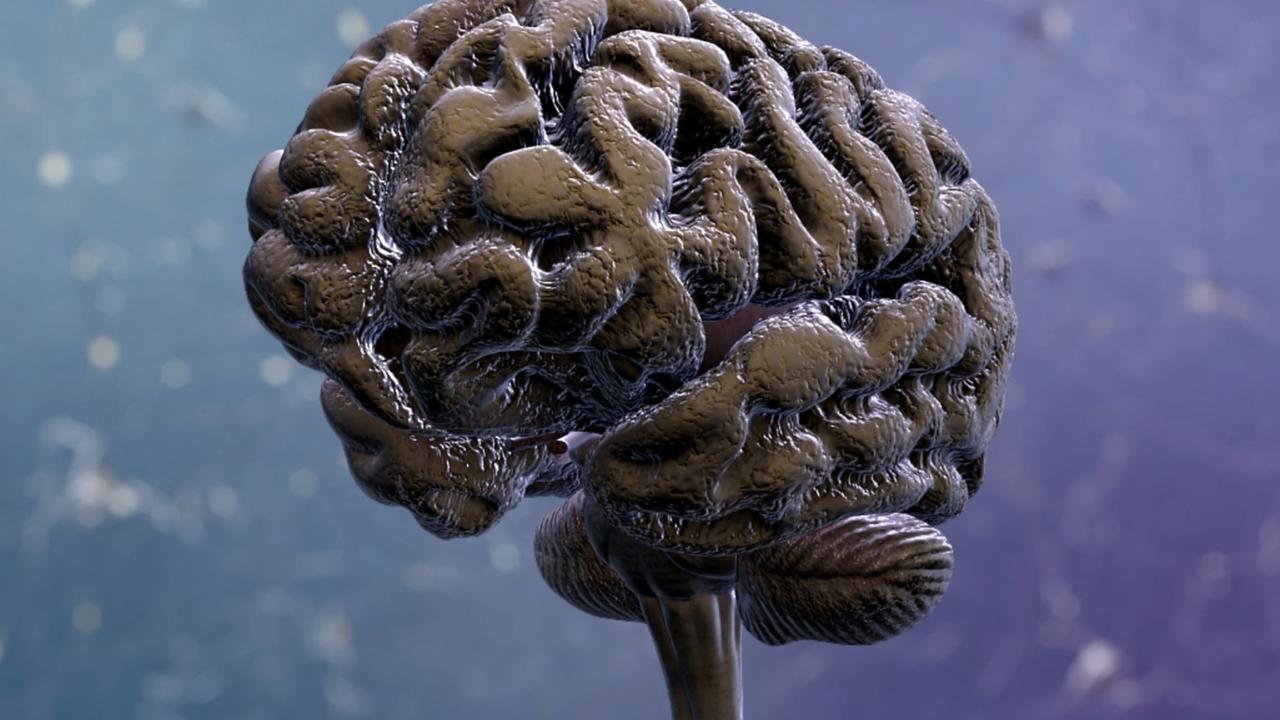Dementia crisis: Next crucial steps in fight against killer disease
This is what needs to happen to tackle the “dementia crisis” that’s occurring in Australia.
Dementia
Don't miss out on the headlines from Dementia. Followed categories will be added to My News.
Australia is facing a dementia crisis of huge proportions, with the condition soon to be the nation’s leading cause of death amid an under-resourced health system, experts have warned.
Dementia Australia, the national peak body for those living with the disease, has issued a stark warning ahead of the upcoming federal election, calling for a national conversation around raising awareness of the condition.
It came as the CEO of Actinogen Medical, the company behind a promising new treatment that slows down the course of Alzheimer’s disease, called for the introduction of a national screening program to detect the condition, saying Australia faces a critical juncture in dementia treatment and care.
According to figures from Dementia Australia, an estimated 433,300 Australians live with dementia, which is the leading cause of death for women, and 29,000 people live with younger onset dementia.

Two thirds of Australians with dementia live in our community and around 1.7 million people are involved in their care.
“Dementia cannot be ignored during this election,” Dementia Australia CEO Professor Tanya Buchanan said.
“The situation is already critical with our hospitals, acute care and aged care systems all unable to meet demand. Two in three people living with dementia live in the community and there are long waits to receive home care packages,” Professor Buchanan said.
“People living with dementia wait longer in hospitals to get access to residential aged care than someone who doesn’t have dementia. The length of stay in hospital is five times longer than for someone without dementia.”

Professor Buchanan said Dementia Australia was calling for the greater promotion of brain health at all ages, as well as the establishment of a team of dementia specialist care co-ordinators within Dementia Australia to deliver nationally consistent support.
“We cannot change getting older, genetics or family history, however scientific research shows that looking after our brain health can make a big difference to reducing or delaying the risk of developing dementia,” she said.
“Dementia is not a normal part of ageing and in the absence of a cure, we must ensure we take all steps possible to promote good brain health throughout our lives in order to reduce the risk of dementia.”
Dr Steven Gourlay, the CEO of Actinogen Medical, warned that if an effective treatment is approved, GPs will face a surge in patient inquiries and requests for memory testing and treatment options.
With next-generation treatments such Xanamem, which is currently in the trial phase, demonstrating the ability to prevent or stabilise dementia before symptoms appear, a national screening program should be considered so that people can be proactive and take measures to slow down the progress of the disease, he said.
Dr Gourlay referred to the case of Hollywood star Chris Hemsworth, who famously overhauled his diet and lifestyle priorities after discovering he was at risk of developing Alzheimer’s disease, following genetic testing for a docuseries.

Similar to Australia’s bowel cancer screening program, a dementia screening program could involve sending approved diagnostic tests, such as a specially tailored blood test, to individuals over the age of 60, he said.
“Before there is a broad screening program, there would have to be a lot of work done to prove that it was cost effective to the government,” he said.
“But in the beginning, the first phase of the screening would be to make the blood test diagnostic available to patients with a family history.
“Right now there’s no approved therapy in Australia that can change the disease or modify it other than exercise.
“But we do need to start having a conversation about it because these next-generation treatments, such as Xanamem, are not very far way.”
Dementia Australia Advisory Committee Chair Ann Pietsch, who lives with Lewy body dementia, said raising awareness and educating people about dementia was of paramount importance for all Australians.





